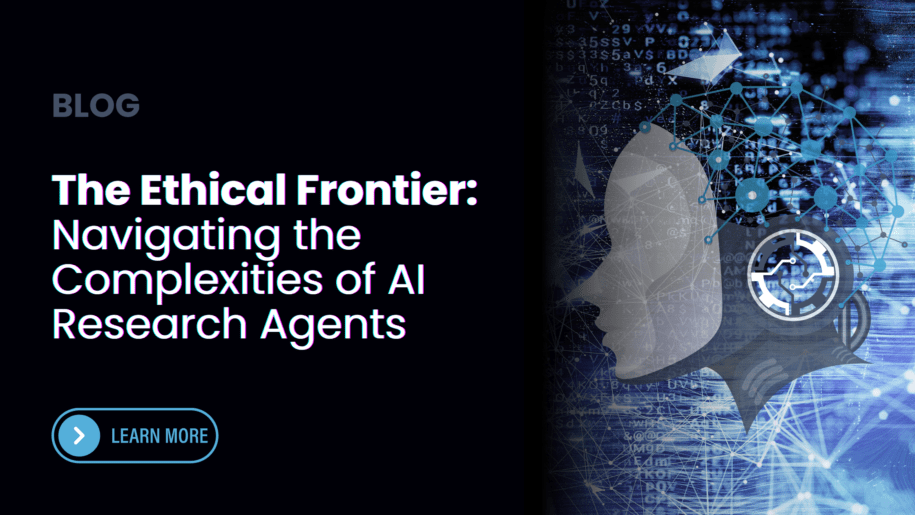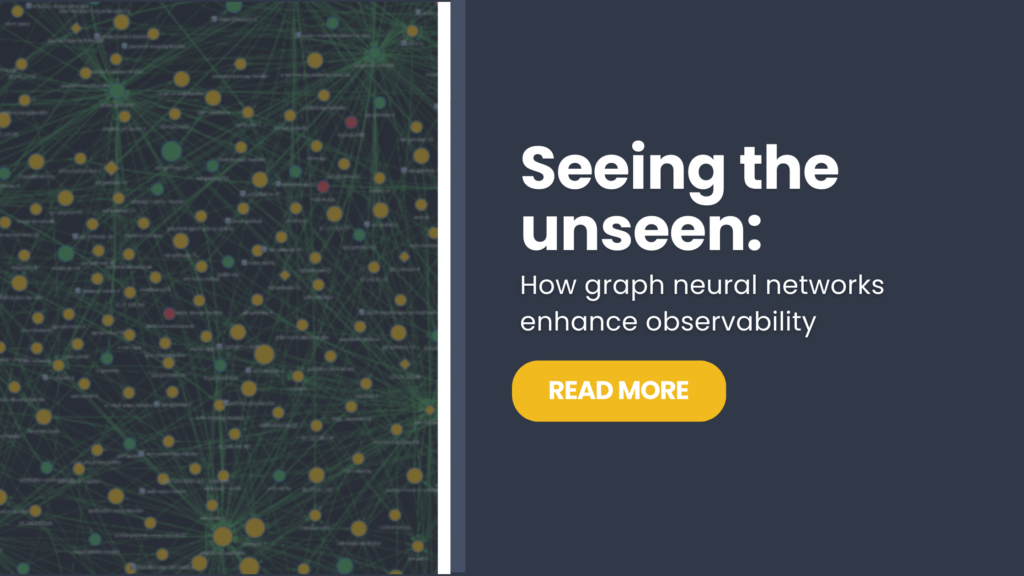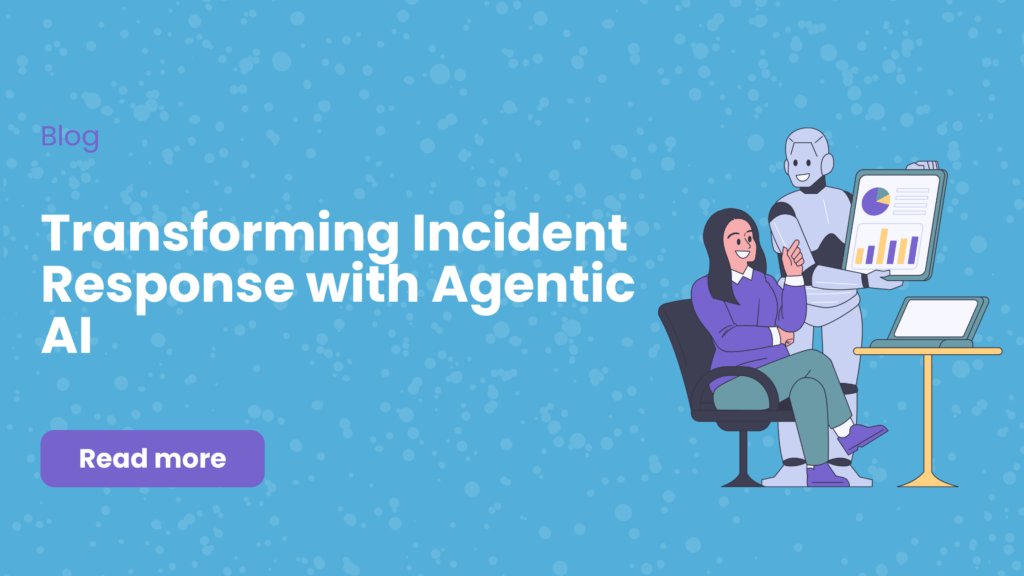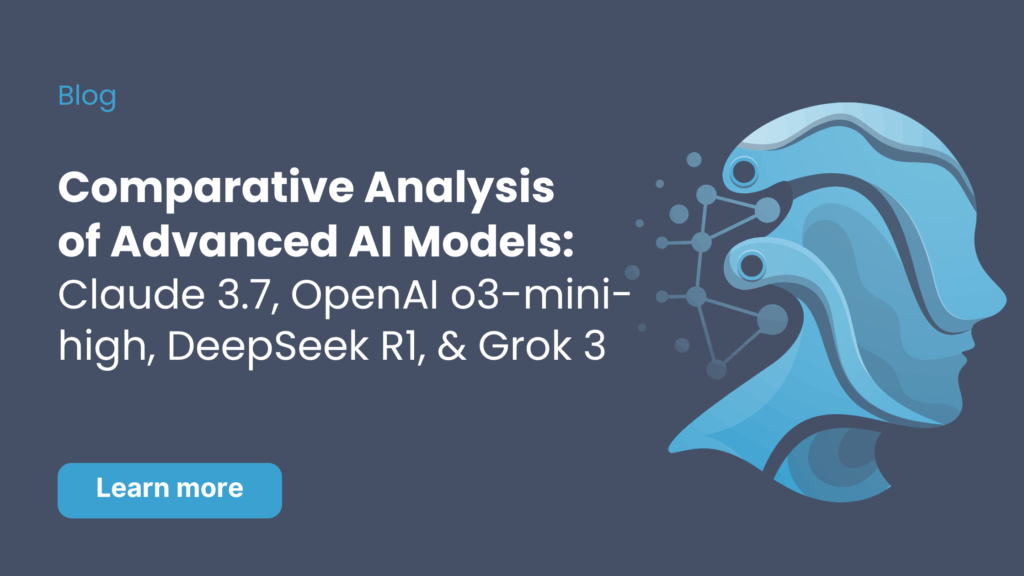The rapid advancement of AI research agents promises immense benefits but raises complex ethical questions. As AI becomes more sophisticated in conducting research and analyzing data, it’s crucial to consider the potential societal implications and ensure these powerful tools are used responsibly.
Bias and Fairness in AI-Driven Research
One of the most significant ethical considerations is the potential for bias in AI-driven research. AI models are trained on data, and if that data reflects existing societal biases, the AI will likely perpetuate and even amplify those biases. This can lead to:
- Skewed Research Outcomes: If AI systems are primarily trained on data from specific demographics or perspectives, their research findings might not be universally applicable or fair.
- Discriminatory Applications: Biased AI could lead to discriminatory outcomes in fields like law, healthcare, or finance, where research findings inform critical decisions.
To mitigate these risks, it’s essential to:
- Diversify Training Data: To minimize the impact of existing biases, ensure AI models are trained on diverse and representative datasets.
- Implement Fairness Checks: Develop methods to detect and correct biases in AI algorithms and their outputs.
- Maintain Human Oversight: Always have human researchers review and validate AI-generated results, providing a critical layer of judgment.
Transparency and Explainability
Another ethical challenge is the “black box” problem. Many AI models with intense learning systems operate in challenging ways for humans to understand. This lack of transparency can make it hard to:
- Identify Errors: If we don’t know how an AI arrived at a particular conclusion, it’s challenging to spot errors or biases in its reasoning.
- Ensure Accountability: It’s difficult to hold anyone accountable if we can’t trace an AI system’s decision-making process.
To address this:
- Promote Explainable AI (XAI): Invest in research and development of AI models that are more transparent and whose reasoning processes can be understood by humans.
- Document AI Processes: Maintain precise records of the data used, algorithms employed, and decisions made by AI research agents.
Data Privacy and Security
AI research agents often work with vast amounts of data, some of which might be sensitive or personal. This raises significant concerns about:
- Data Privacy: Ensuring that personal data is collected, used, and stored responsibly and by privacy regulations.
- Data Security: Protecting data from unauthorized access, breaches, and misuse.
To protect data privacy:
- Anonymize and Encrypt Data: When possible, use anonymized or encrypted data for AI training and research.
- Adhere to Data Protection Regulations: Comply with all relevant data privacy laws, such as GDPR.
- Implement Robust Security Measures: Safeguard data with strong security protocols and regular security audits.
The Responsibility of Researchers and Developers
Ultimately, the ethical use of AI research agents depends on the individuals who create and deploy them. Researchers and developers have a responsibility to:
- Consider Ethical Implications: Carefully consider their work’s potential ethical consequences.
- Develop Guidelines and Standards: Establish ethical guidelines and best practices for AI research.
- Engage in Open Dialogue: Foster public discussions about the ethical challenges of AI and seek input from diverse stakeholders.
Conclusion
AI research agents hold incredible promise, but we must proceed cautiously. By proactively addressing ethical concerns, we can ensure that these powerful tools are used to benefit society and uphold our shared values. Developing AI research agents is not just a technological challenge; it’s ethical and requires our collective attention and commitment.













